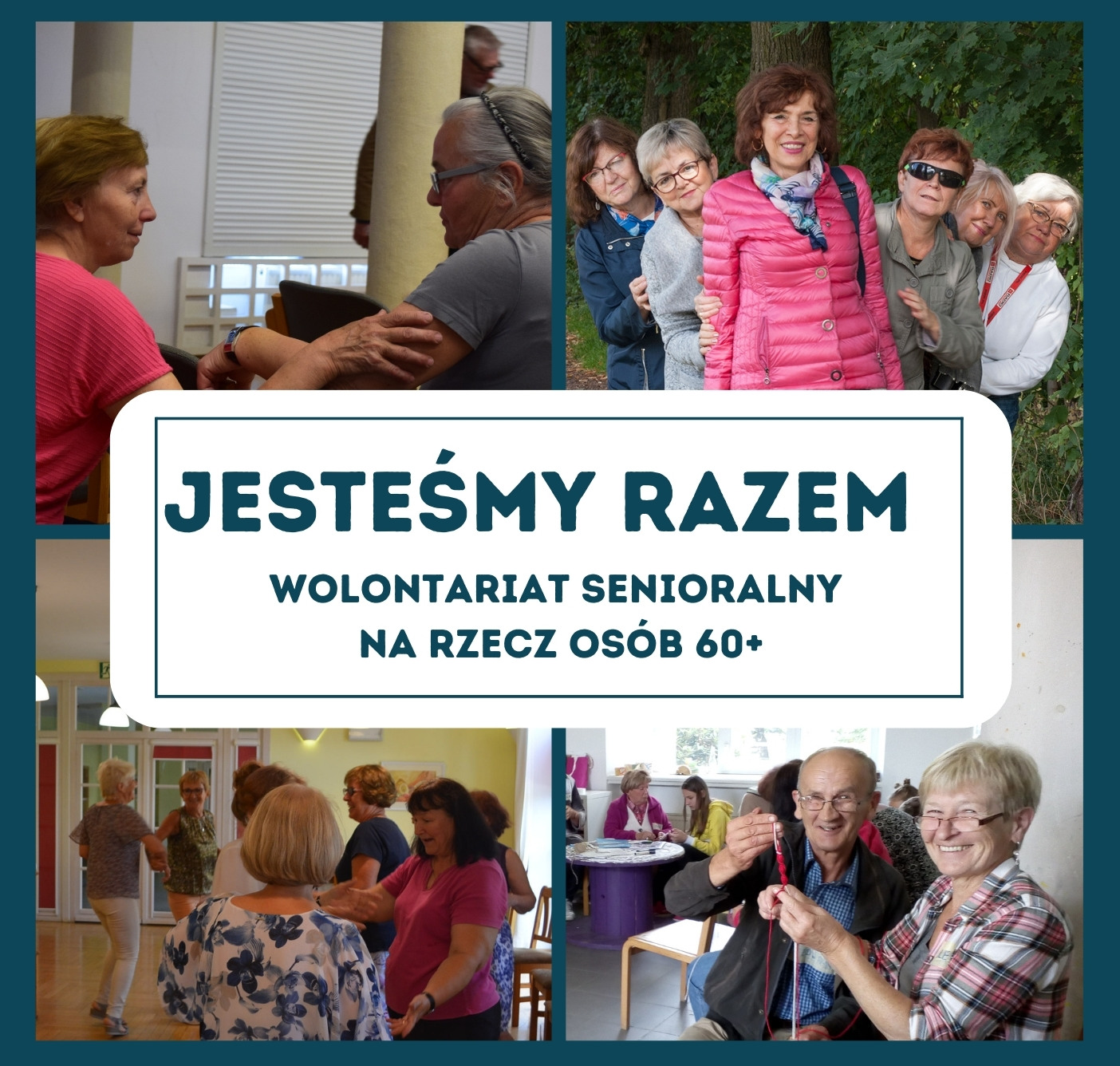- About the Foundation
- Activity
- Krzyżowa for Ukraine
- International Youth Meeting Centre
- Memorial Site
- European Academy
- Innovation and Development Office
- Green Krzyżowa
- Private Kindergarten ZIELONA KRAINA
- Bookshop
- Publications
- Pedagogue Blog
- Projects
- Call for Applications
- Art Projects
- Artist in Residence Programme
- Summer Guitar Festival
- Krzyżowa-Music
- Ecological Projects
- Historical and Civic Projects
- Projects of Social and Professional Activation
- Expert Projects
- Innovation for Schools
- Krzyżowa/Kreisau
- Support Us
- Media
- Contact
MENU
- About the Foundation
- Activity
- Krzyżowa for Ukraine
- International Youth Meeting Centre
- Memorial Site
- European Academy
- Innovation and Development Office
- Green Krzyżowa
- Private Kindergarten ZIELONA KRAINA
- Bookshop
- Publications
- Pedagogue Blog
- Projects
- Call for Applications
- Art Projects
- Artist in Residence Programme
- Summer Guitar Festival
- Krzyżowa-Music
- Ecological Projects
- Historical and Civic Projects
- Projects of Social and Professional Activation
- Expert Projects
- Innovation for Schools
- Krzyżowa/Kreisau
- Support Us
- Media
- Contact




.jpg)

